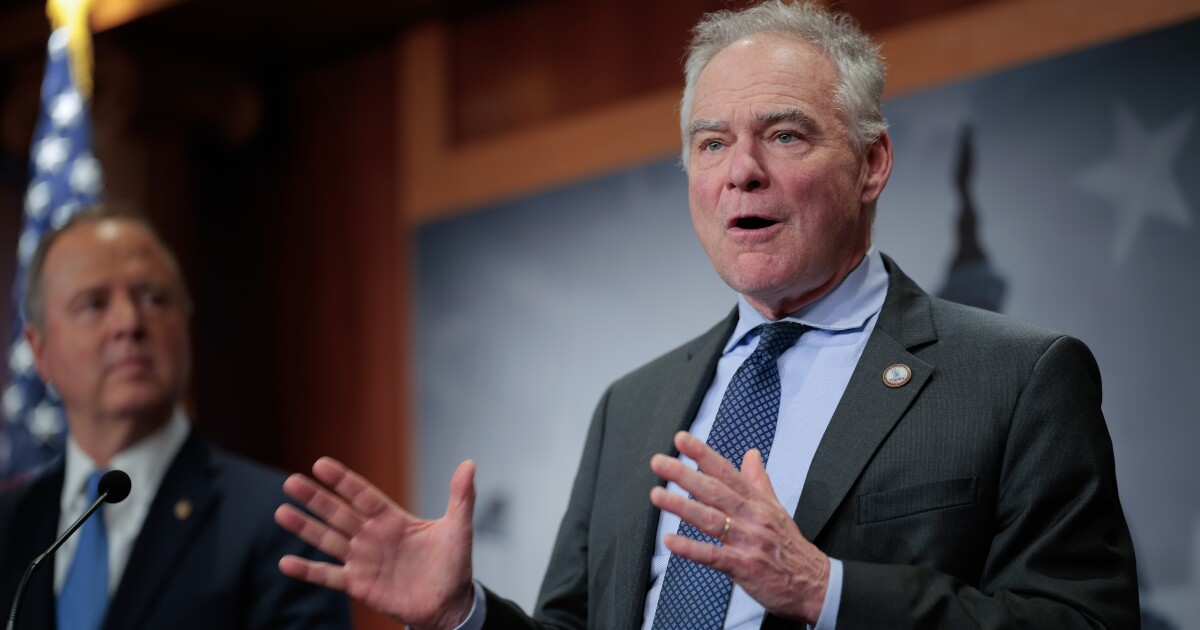Senate Proposal Aims to Sell Public Lands in the West
A new budget bill proposed by Republican senators has sparked significant debate, as it suggests a large-scale divestment of public lands across the western United States. Encompassing 11 states, including Arizona, this initiative plans to offload up to 3.3 million acres over a five-year span.
The targeted lands, managed by the Bureau of Land Management and the U.S. Forest Service, exclude national parks, monuments, and federally protected wilderness areas. This proposal, introduced by Utah Senator Mike Lee, is positioned as a solution to the housing shortages affecting many western communities.
Senator Lee articulated his stance in a video released last week, stating, “We’re opening underused federal land to expand housing, support local development and get Washington DC out of the way.”
In response, the Wilderness Society, a nonprofit organization, has published a map highlighting the 250 million acres nationwide that could potentially be sold, which includes nearly 14.5 million acres within Arizona.
Mike Quigly, the Arizona state director for the Wilderness Society, expressed concerns about the proposal, noting, “It’s really a large portion of the forests around Flagstaff that would be eligible. Now again, all that getting sold off in one chunk? Highly unlikely. But within that footprint there could be land sales from the federal estate to private interests.”
Despite the Senate’s ambition, a similar, albeit smaller proposal was recently turned down by the U.S. House, which involved the sale of roughly 500,000 acres in Utah and Nevada.
Opponents of the current proposal argue it primarily serves to fund tax cuts for the wealthy. Democratic Senator Mark Kelly has criticized the measure, labeling it as “reckless and wrong,” suggesting it could negatively impact Arizona’s ecological and economic landscapes.
—
Read More Arizona News










